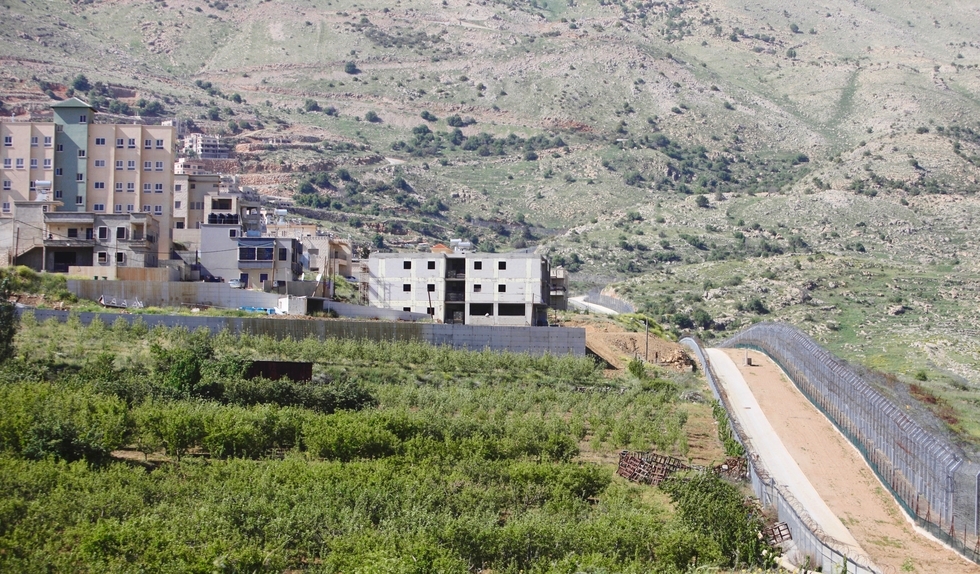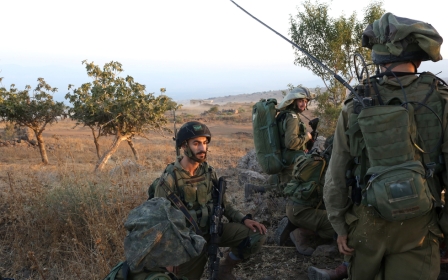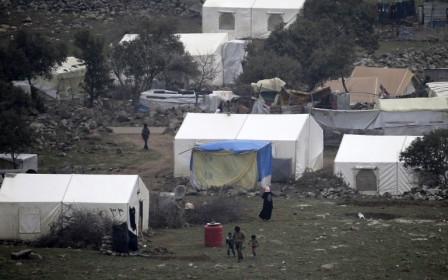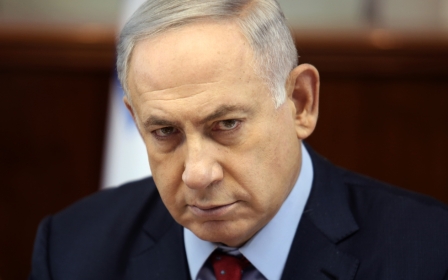Israel strikes back at Syrian army after mortar fire hits Golan Heights

The Israeli air force hit Syrian government forces after mortar fire from its war-wracked neighbour struck the Israeli-held zone of the Golan Heights on Sunday, the military said.
It said in a statement that "mortar fire" from Syria hit an open area without causing any apparent injuries, but it did not specify how many shells fell.
Israel has sought to avoid being drawn into Syria's complex war which is now in its sixth year, but it has attacked Syrian military targets when fire from the conflict spills over.
"In response to mortar fire earlier today, the Israel Defence Forces (IDF) targeted cannons of the Syrian regime in the northern Syrian Golan Heights," the English-language statement said.
A spokeswoman told AFP that the Israeli retaliation came through an air strike.
"The Syrian government must be held accountable for this breach of Israeli sovereignty," military spokesman Peter Lerner wrote on his official Twitter account.
"The IDF will continue to act to safeguard Israel."
Israel seized 1,200 square km of the Golan Heights from Syria in the Six-Day War of 1967 and later annexed it in a move never recognised by the international community.
Unlike a similar incident on 22 August, the Israelis did not immediately characterise the incident as stray fire.
In the 22 August exchange, the Israeli air force hit what it said was a Syrian army rocket launcher in response to "stray fire from Syrian conflict".
There were similar events in July and previously.
New MEE newsletter: Jerusalem Dispatch
Sign up to get the latest insights and analysis on Israel-Palestine, alongside Turkey Unpacked and other MEE newsletters
Middle East Eye delivers independent and unrivalled coverage and analysis of the Middle East, North Africa and beyond. To learn more about republishing this content and the associated fees, please fill out this form. More about MEE can be found here.




